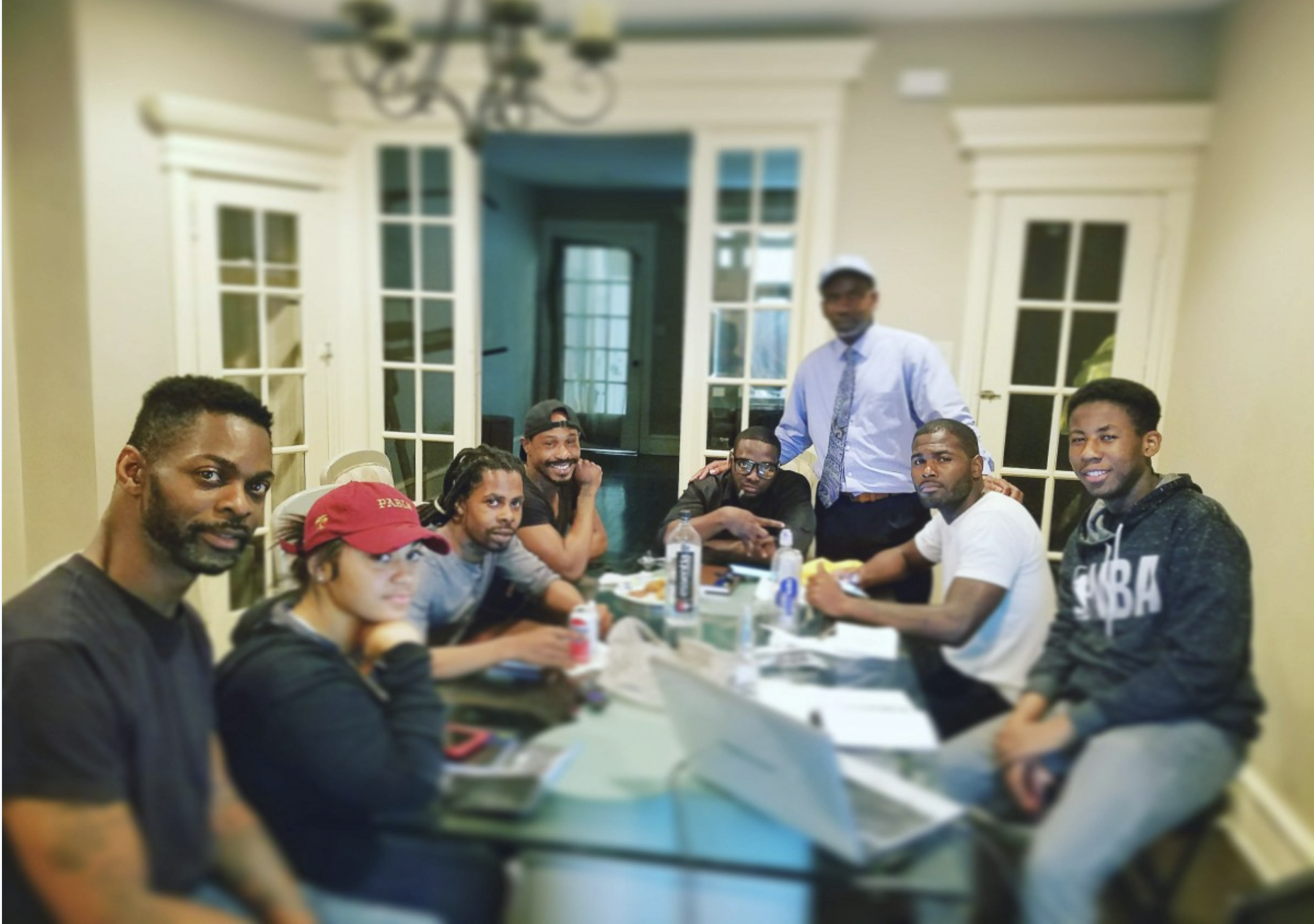In light of proactively defying the lie of White superiority and Black inferiority, we must critically analyze, dissect, evaluate, and understand the system of White Supremacy (Racism) that perpetuates anti-Black sentiments, false narratives, and the manifestation of psychological distress. Racial trauma or Race-Based Traumatic Stress begets from the cumulative effects of four centuries of subjugation and relegation, marginalization, and systemic discrimination. Soul Medicine helps with confronting the source of the problem causing mental and emotional disturbances while, in turn, offering cultural remedies (African-centered) for the cultivation and sustainment of self-determination, dignity, worth, and validation of Black humanity.
The Condition: Joylessness – The antithesis of Black Joy; an adaptive response to estrangement, abandonment, and trauma: the destroyer of self, communal, and familial love; an engulfing, spiritually destructive force that permeates places and spaces touched by, influenced, affected, and inorganically altered by the pervasiveness of the Maafa; a causative phenomenon of spiritual amnesia, cultural identity incongruence, cultural alienation, family trauma, community violence, in the wake of profound grief, disunity, and overwhelming powerlessness; a manufacturer of profound shame and producer of inescapable despondency and depression;
the carrier of deceptive messages of —
“unlovable”
“undeserving”
“unworthy”
“unvalued”
a formidable foe to our collective struggle for healing, transformation, soul restoration, and resistance; and a consequence of the disembodiment of Nguzo Saba.
Cultural Remedies:
“Black Joy is finding the positive nourishment within self and others that is a safe and healing place. It is a way of resting the body, mind, and spirit in response to the traumatic, devastating, and life-altering racialized experiences that Black people continue to encounter. So, bring on the Joy. Bring on the Black Joy” (Nichols, n.d., p.8).
Holiday Season Praxis: Using the Nguzo Saba to Restore, Revitalize, and Reclaim Joy Within The Black Family System
Principle 1:
Umoja (Unity)
To strive for and maintain unity in the family, community, nation, and race.
Individual – Journal Prompt: What is it that I need to feel seen, to feel heard, to be felt, to be understood, to be loved, to be connected, and ultimately, to belong?
Family – Recenter and Reconnect: Music and Dance, We Are Family by Sister Sledge. Feel the rhythm, move in unison, and groove together.
Principle 2:
Kujichagulia (Self-Determination)
To define ourselves, name ourselves, create for ourselves, and speak for ourselves.
Individual – Journal Prompt: Who am I? Who are my people? What struggles did they endure? What are my talents, skills, abilities, and competencies that can be leveraged for the continuance of my people’s struggle for betterment and improvement?
Family – Poem/Call and Response: Listen, learn, and recite the poem “Today” by Beah Richards, together. The Call denotes the statements that begin with “Today” and the response represents anything after the comma placement.
Principle 3:
Ujima (Collective Work & Responsibility)
To build and maintain our community together and make our brother’s and sister’s problems our problems and to solve them together.
Individual – Journal Prompt: The strengths of my community are _______; My community, working together in collective harmony looks like _______.
Family – Discussion: Every member shares their needs, current challenges, support needed, and how support can best be rendered.
Principle 4:
Ujaama (Cooperative Economics)
To build and maintain our stores, shops, and other businesses and to profit from them together.
Individual – Journal Prompt: If I possessed an unlimited supply of financial resources, in the spirit of cooperative economics, I would ensure that ________.
Family – Discuss, Plan, Act: Establish an Esusu family circle (p. 66-67) with mutually agreed-upon conditions including, but not limited to focus and intent, contribution amount, frequency, rotation cycles, collection and distribution of resources, etc.
Principle 5:
Nia (Purpose)
To make our collective vocation the building and developing of our community to restore our people to their traditional greatness.
Individual – Journal Prompt: What do I aspire to do, be, know, and accomplish? How do my aspirations support the needs, desires, and demands of my community?
Family – Storytelling w/ Visualization Exercise: Watch the short documentary Georgetown: The Black Village and collectively build through visualization and dialogue a quintessential Black village where each family member must take part in developing, maintaining, sustaining, and advancing the village through self-assigned roles, responsibilities, and functions. Have fun with this one!
Principle 6:
Kuumba (Creativity)
We always do as much as we can, in the way we can, to leave our community more beautiful and beneficial than we inherited it.
Individual – Journal Prompt: When I close my eyes, imagining the marvelous creations and accomplishments of our African heritage, what stands out the most (e.g., thoughts, images, memories, events or experiences, etc.)?
Family – Stronger Together Vision Board: Collectively create a vision board that encompasses dreams, hopes, fears, symbols of togetherness, and family values. The use of poster board, construction paper, art canvas, newspapers, magazines, Internet photos, catalog images, etc., are great resources for inspiration.
Principle 7:
Imani (Faith)
To believe with all our heart in our people, our parents, our teachers, our leaders, and the righteousness and victory of our struggle.
Individual – Journal Prompt: What keeps my faith from wavering? What is it that deepens, strengthens, enhances, or amplifies my faith?
Family – Ancestral Communion: Affirm, validate, respect, re-remember, and honor blood-related and non-blood-related ancestors who left behind a legacy of defying the lie of White supremacy and Black inferiority and embracing the humanity of Black humanness. Incorporate any applicable religious, spiritual, or cultural-specific traditions and practices (e.g., prayer, dance and drumming, singing, storytelling, etc.).
Nature and humanity are interconnected and inextricably linked; Nguzo Saba underlies the importance of wholeness (soul-spirit-body), connection to the cosmos, and harmony with the universe, family, community, culture, and larger society.
Peace, Prosperity & Revolutionary Love,
Kyle



